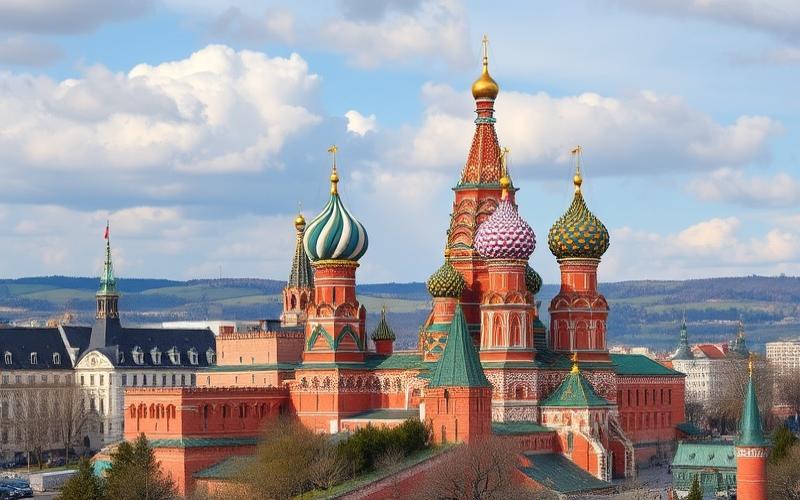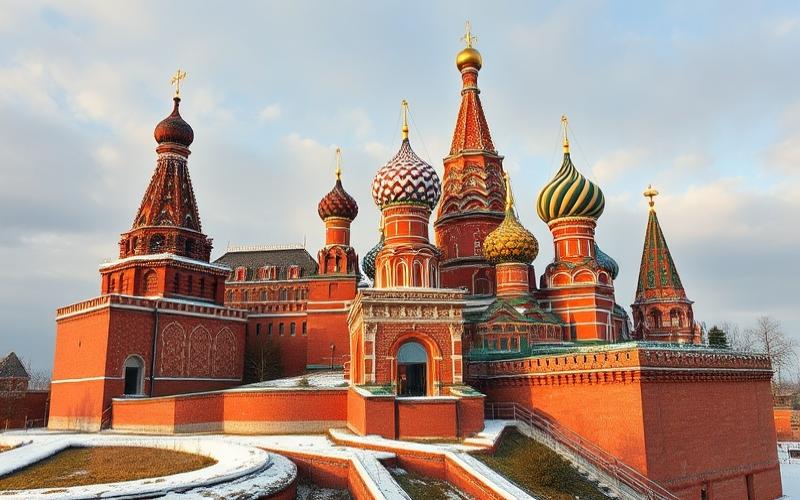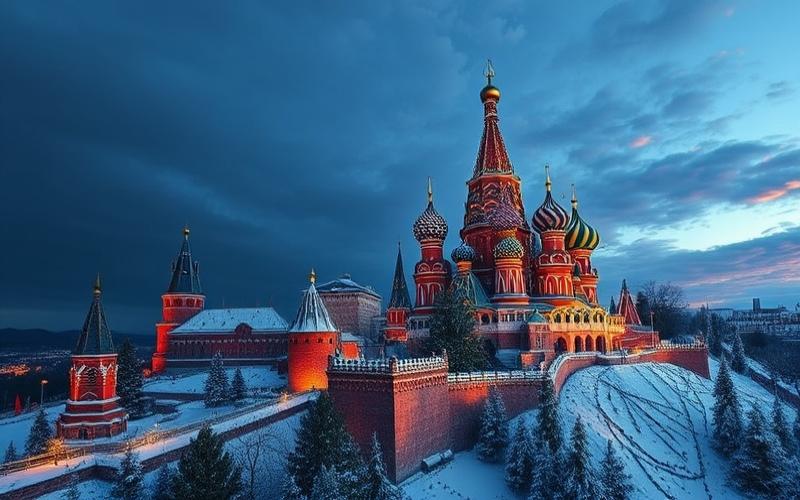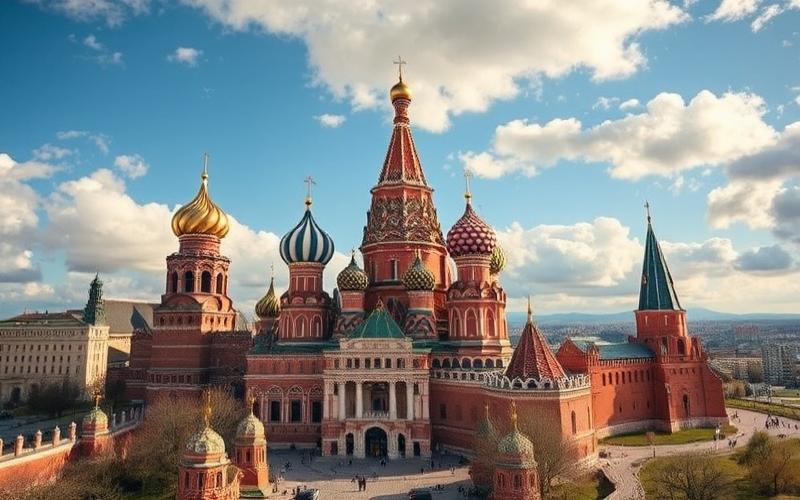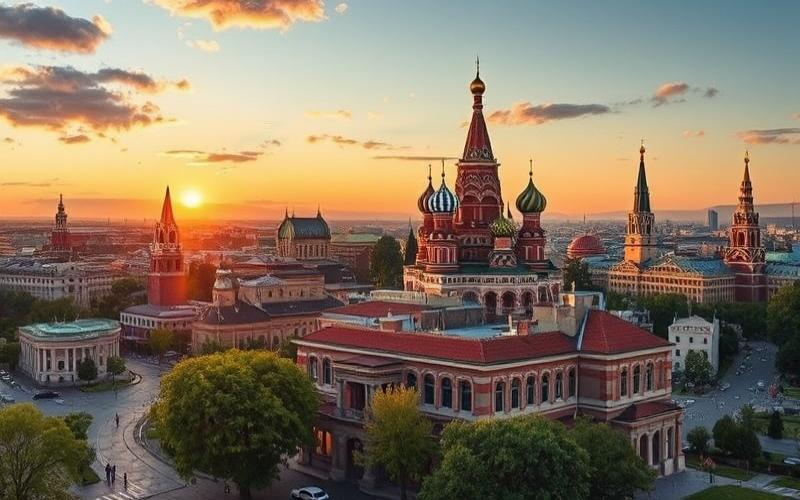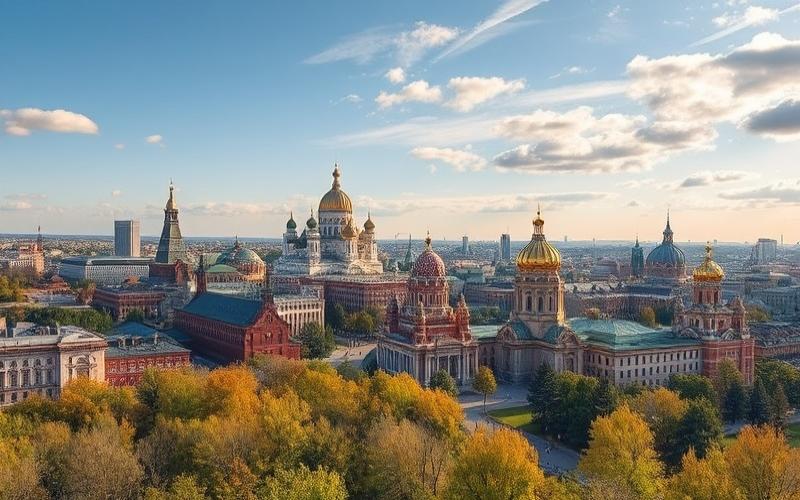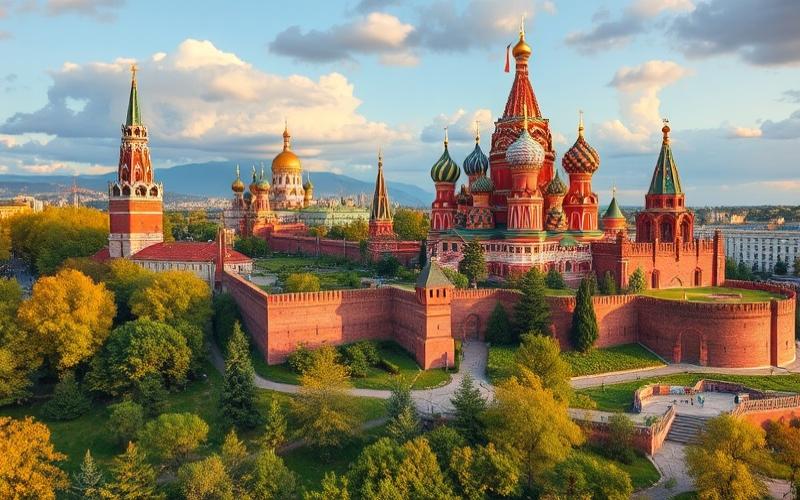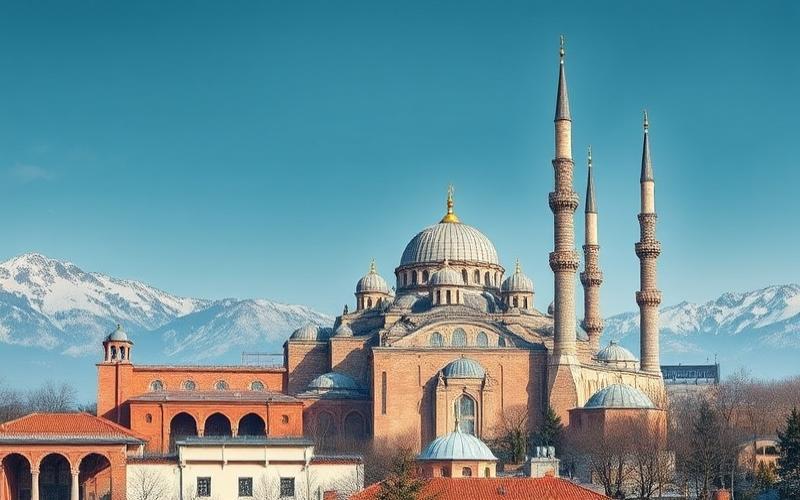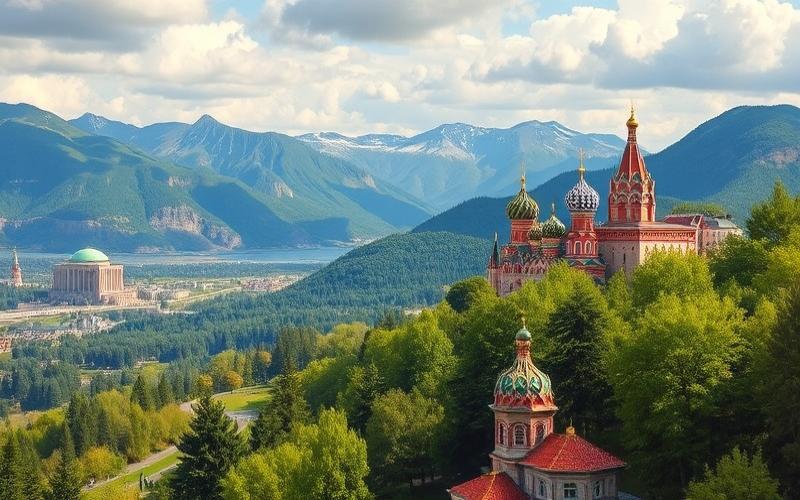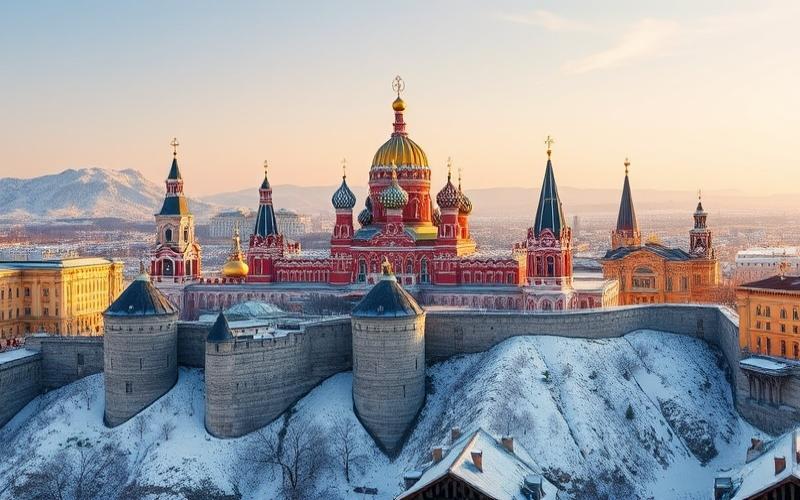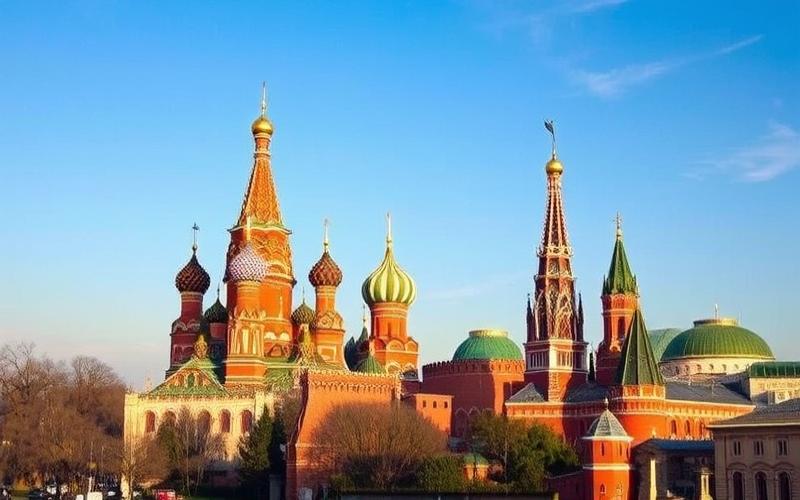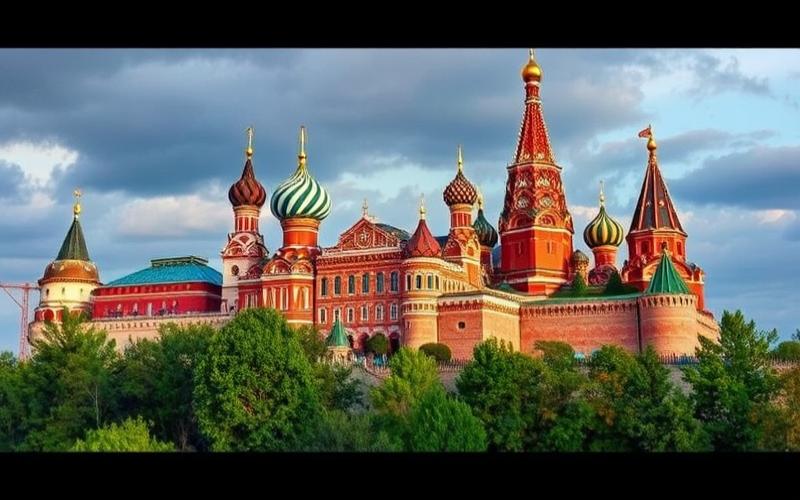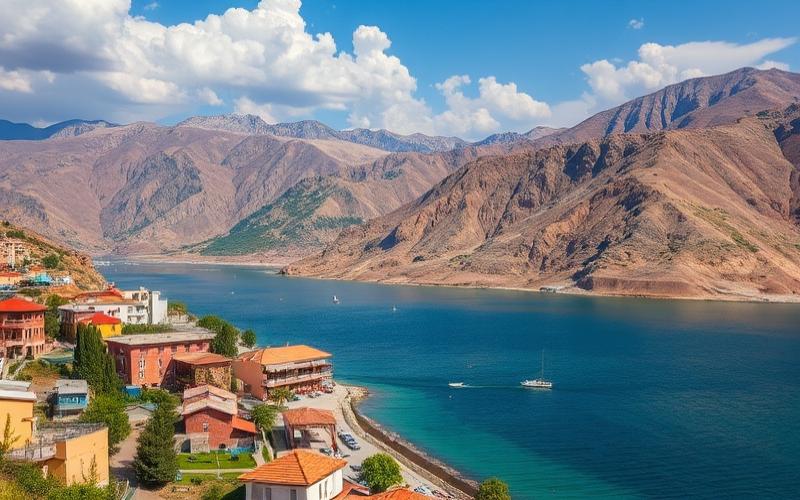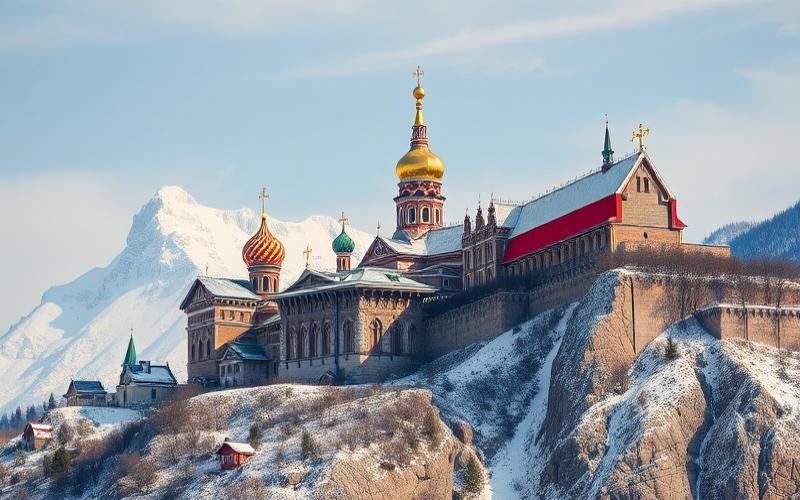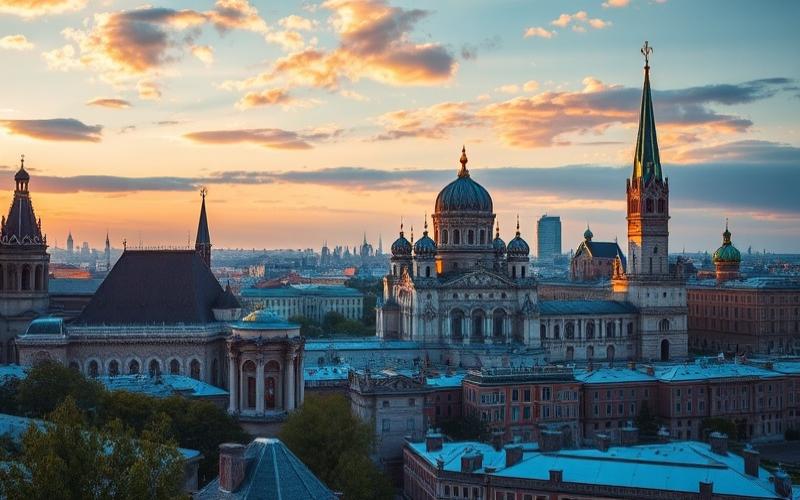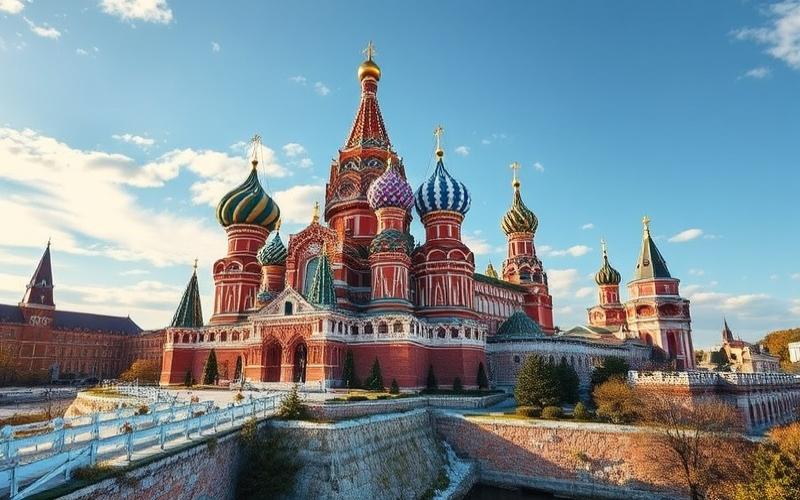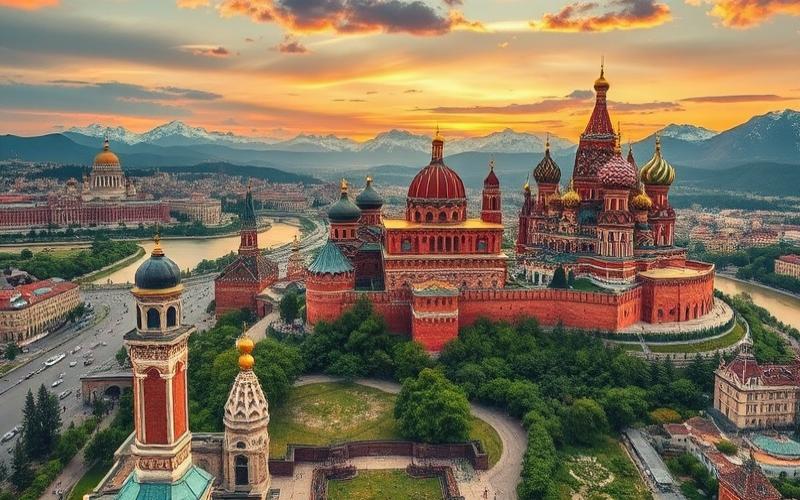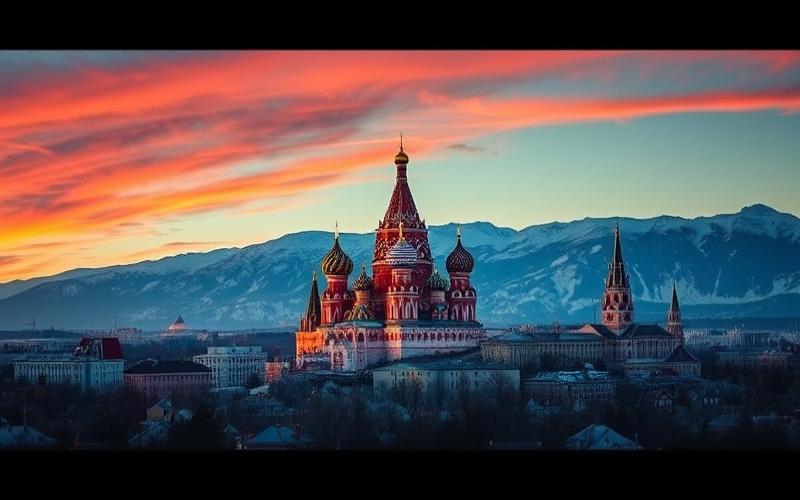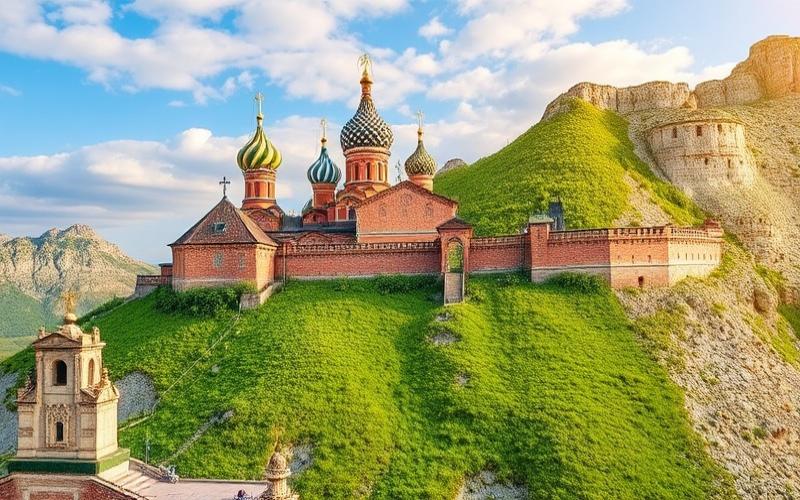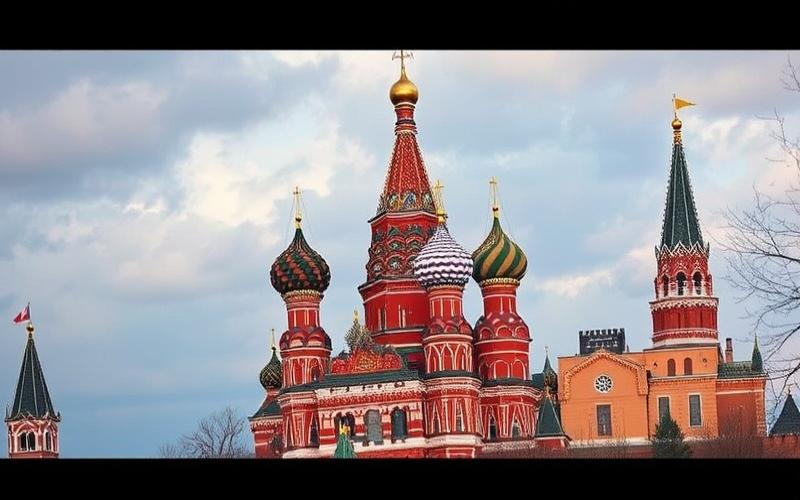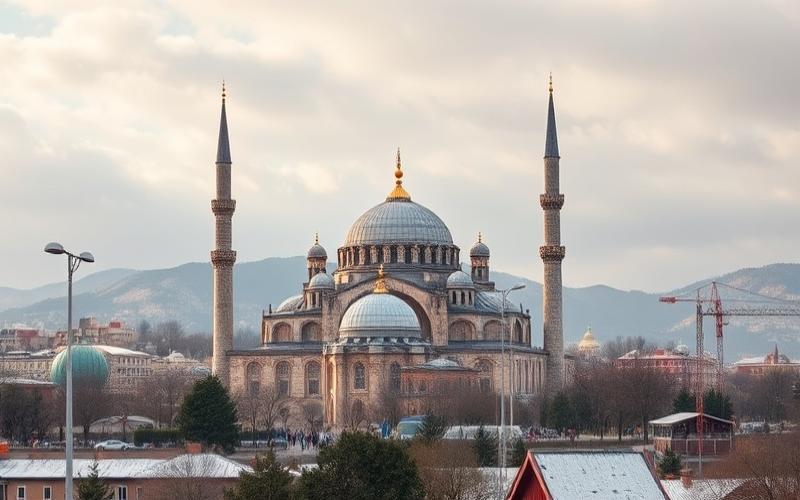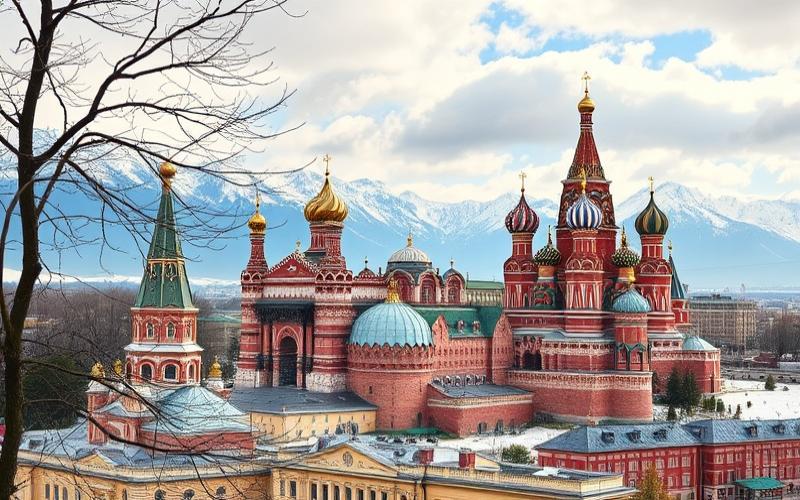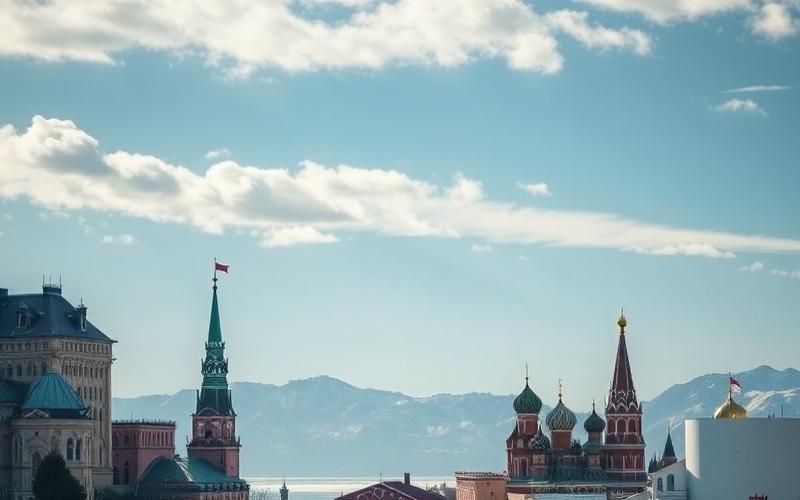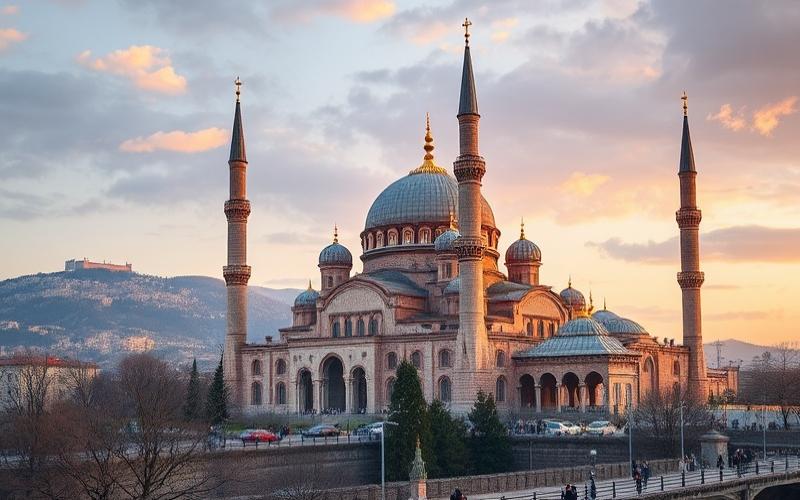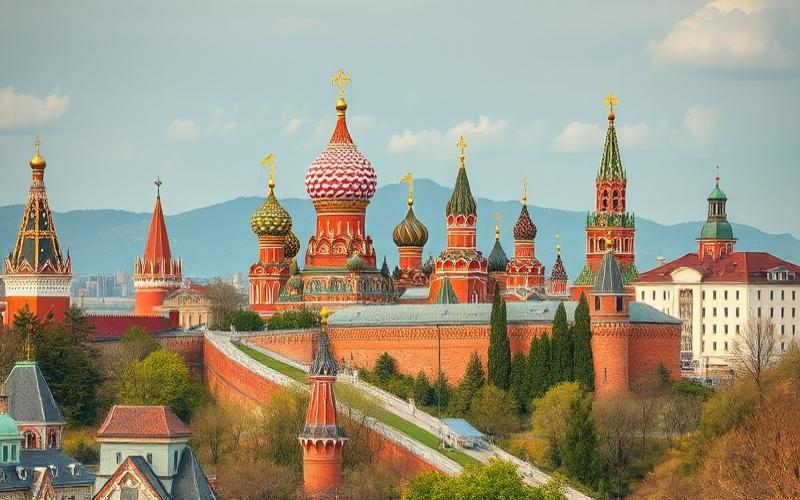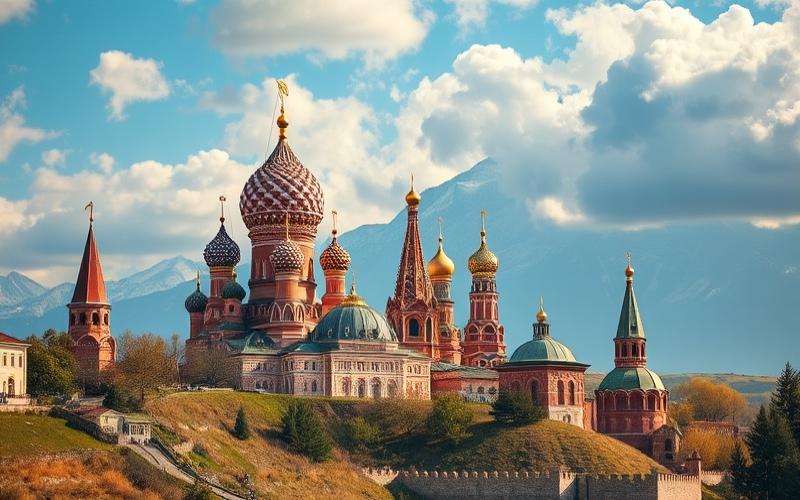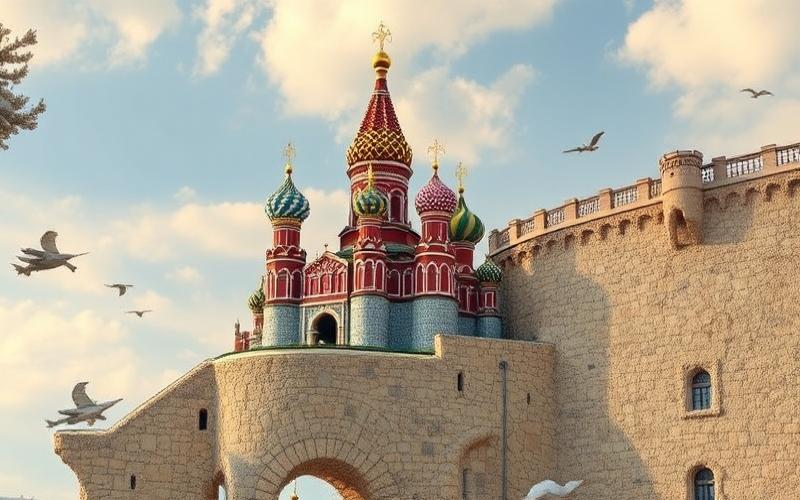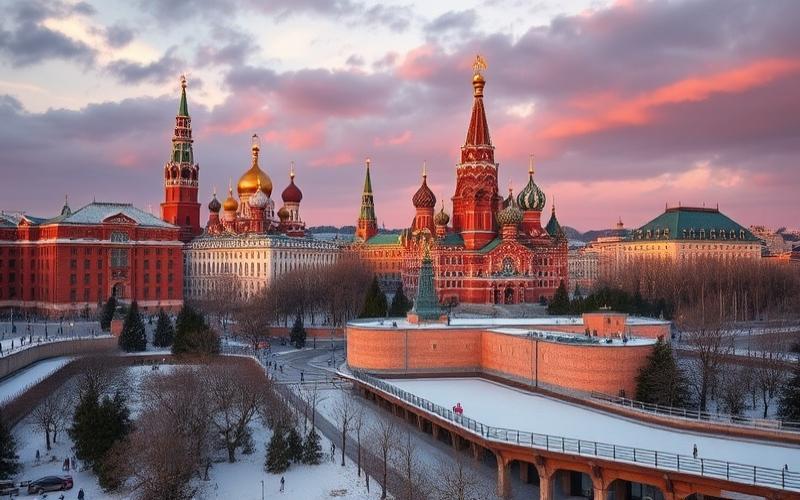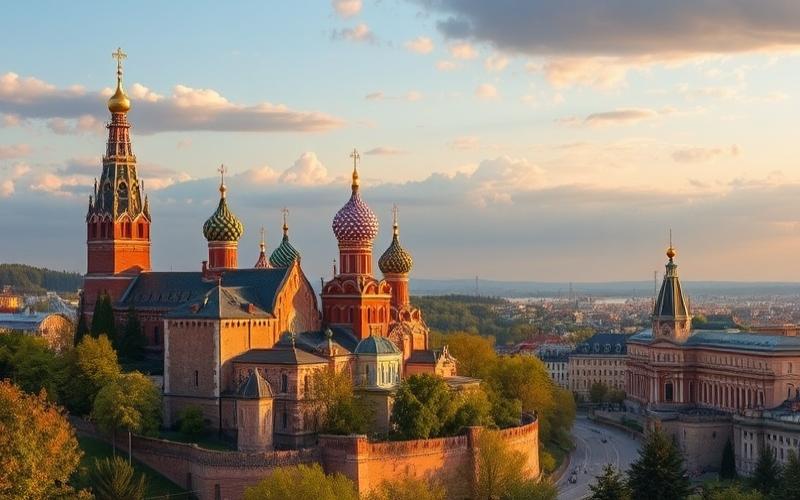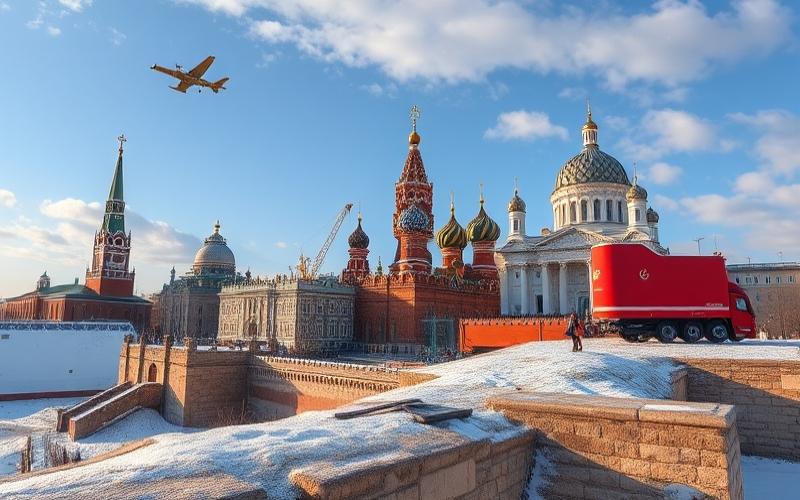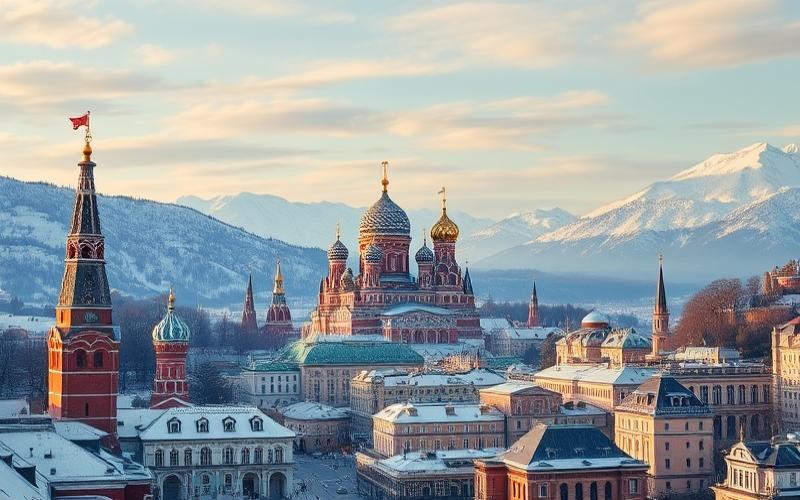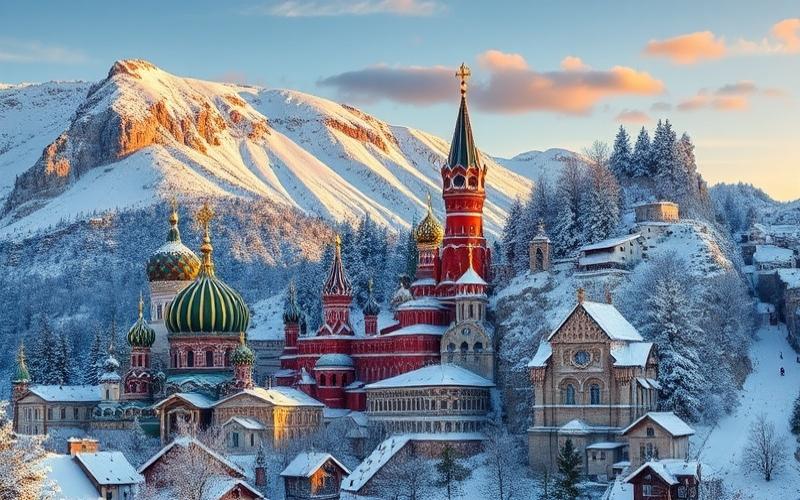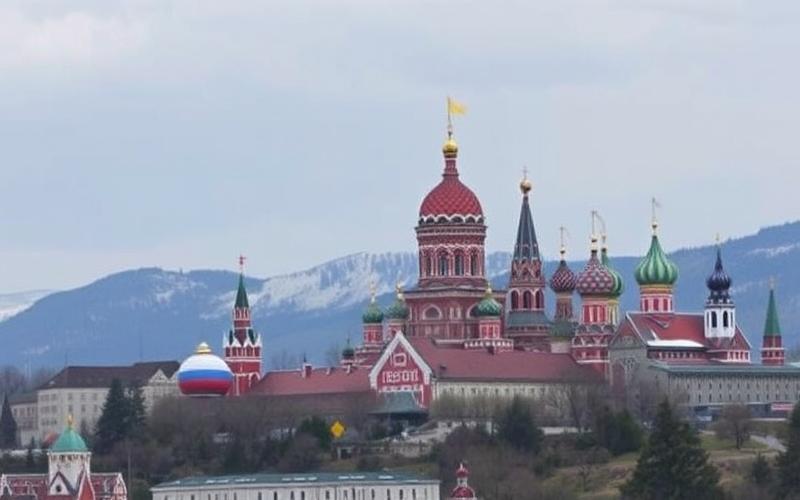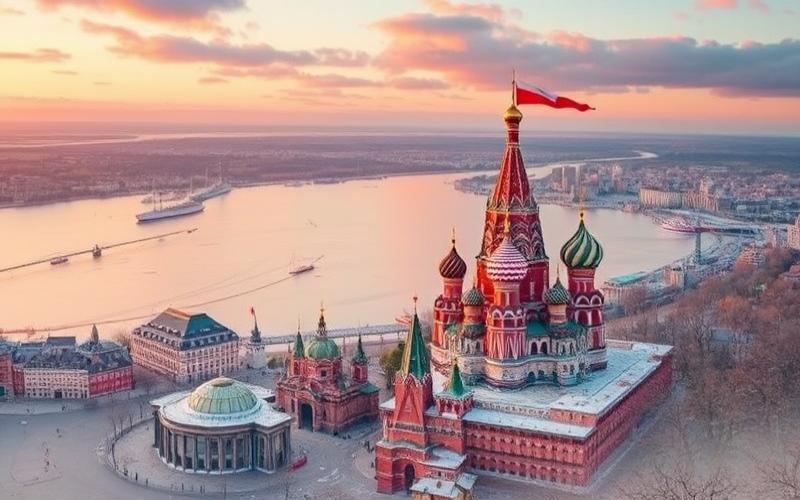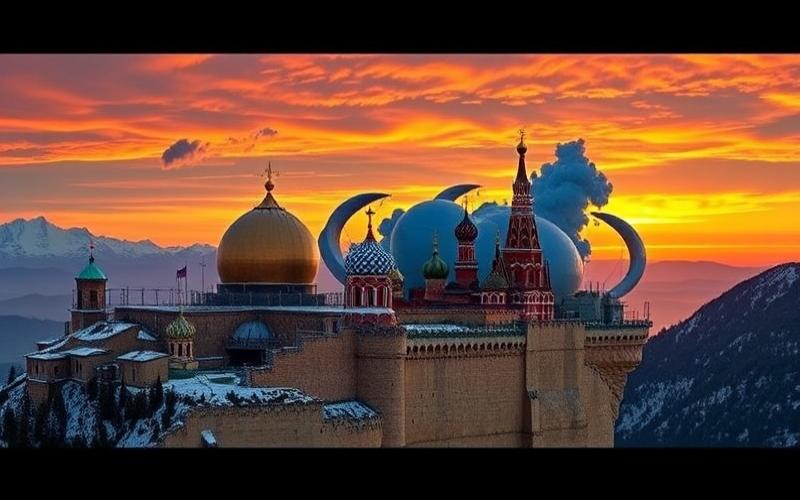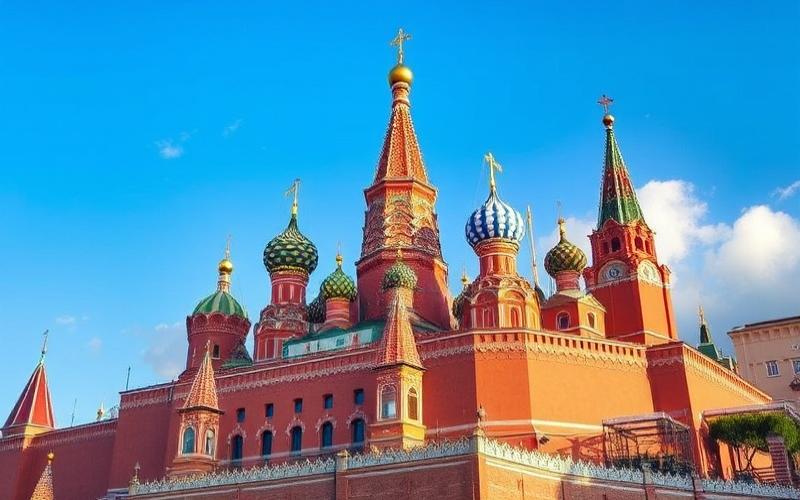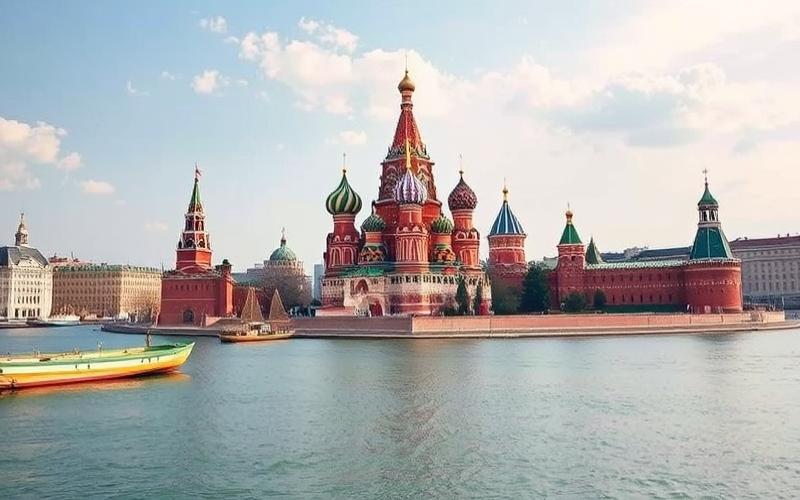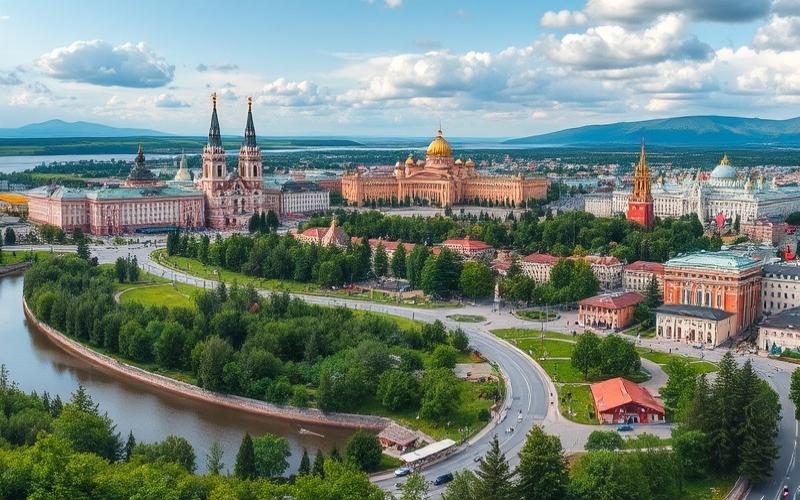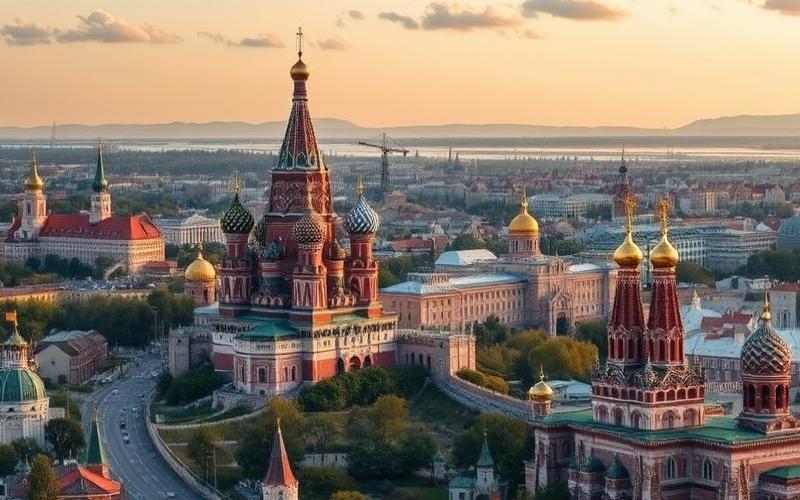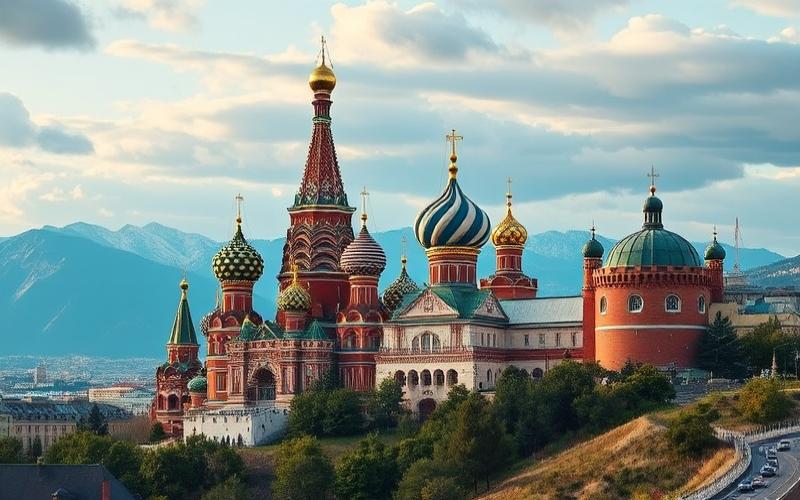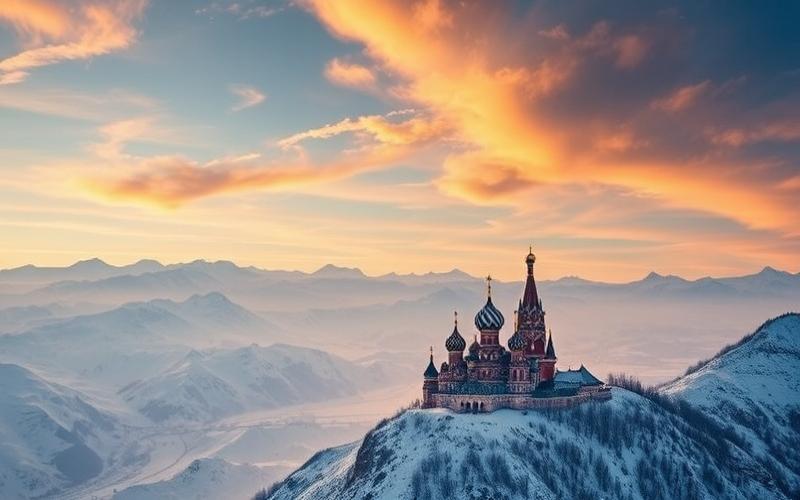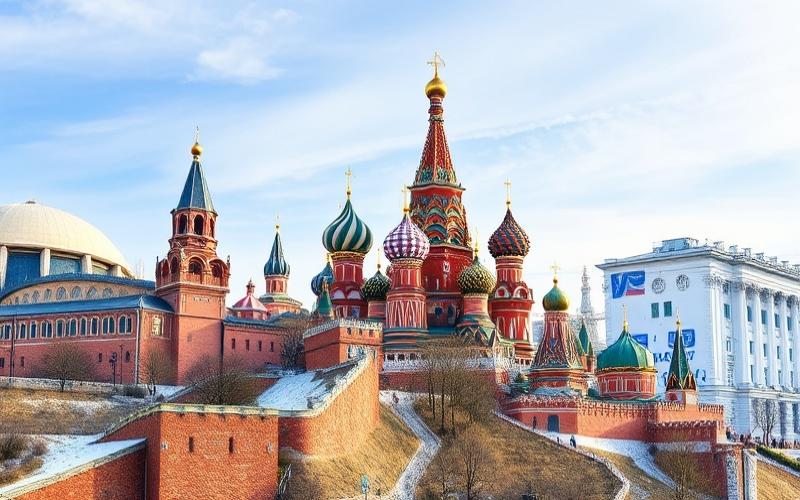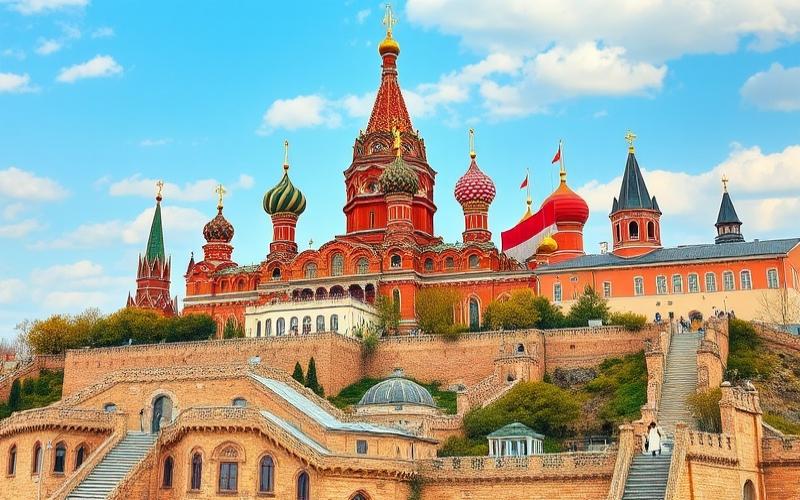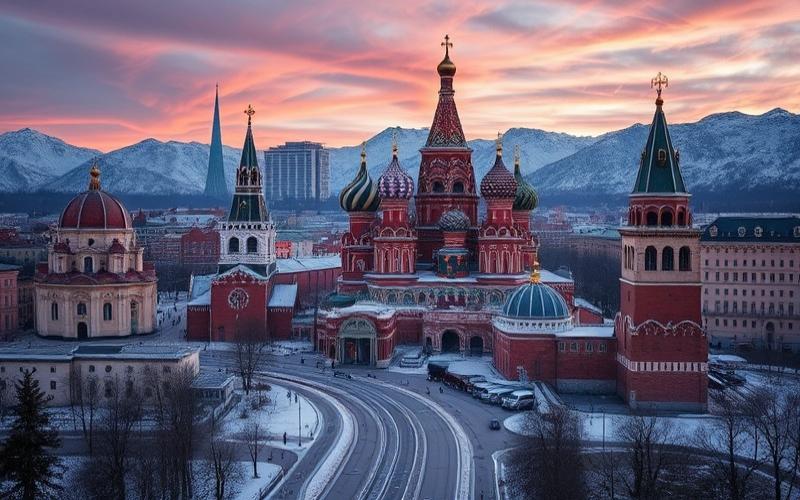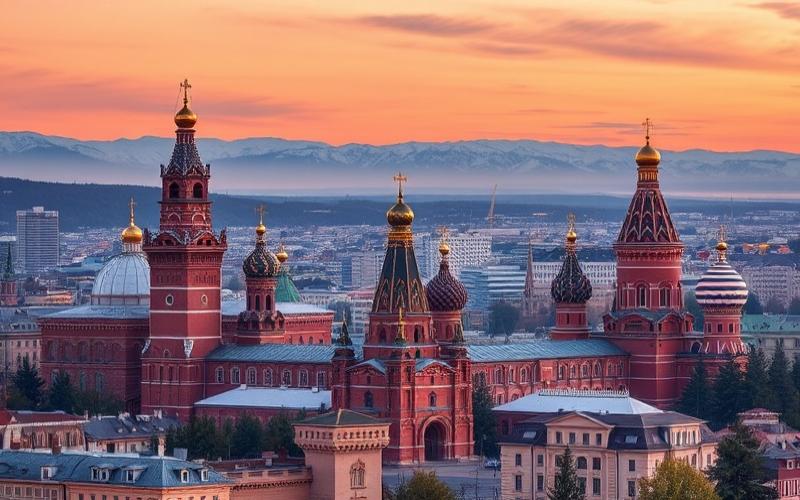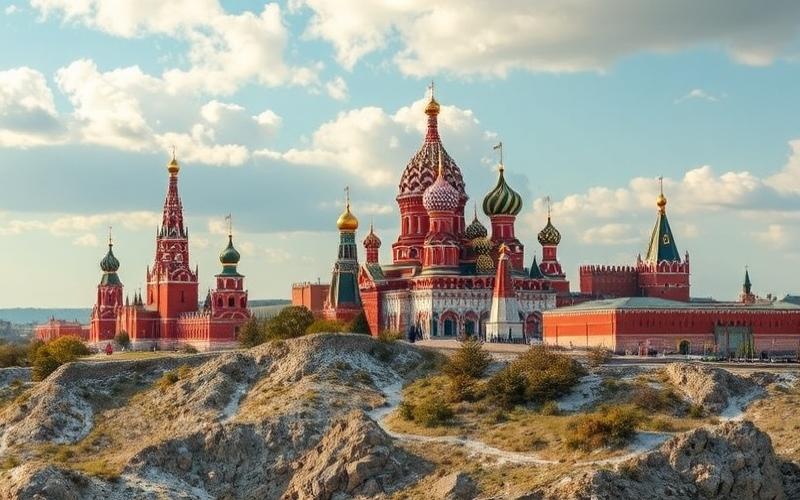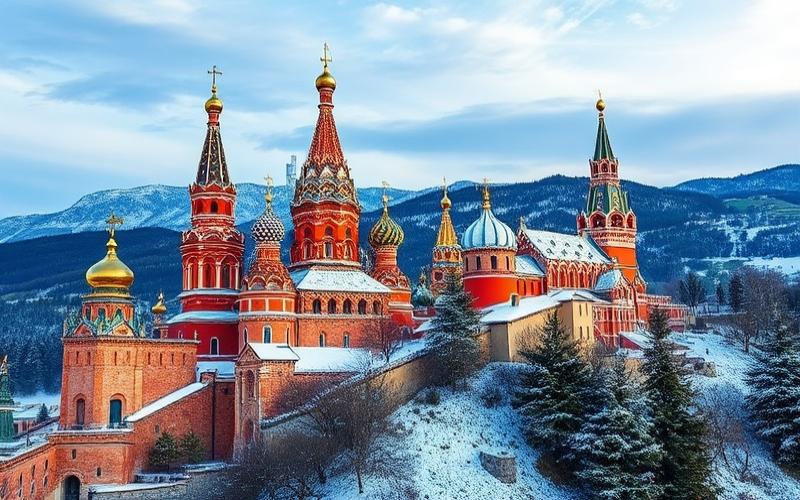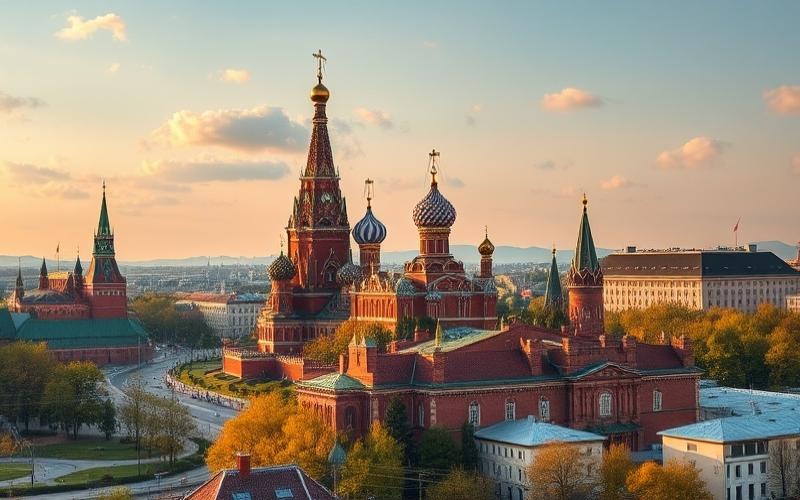
 Published on and written by Cyril Jarnias
Published on and written by Cyril Jarnias
Relocating to Russia as an expatriate from the European Union may seem complex in a sometimes tense geopolitical context, but the benefits associated with this status deserve close examination.
The mobility of European citizens beyond EU borders offers a range of specific rights and freedoms that can greatly facilitate integration into the country. Whether in terms of access to healthcare, education, or social protection systems, these benefits play a decisive role in expatriates’ daily lives.
Furthermore, the cultural and economic connections established between the EU and Russia open valuable channels of communication and collaboration that can enrich the on-the-ground experience.
Main Benefits for EU Expatriates in Russia
Potential Tax Benefits for EU Expatriates in Russia
- Relatively moderate income tax rates, often lower than in Western Europe for individuals.
- Possibility to benefit from tax deductions for real estate purchases, tuition fees, and certain medical expenses.
- Existence of double taxation avoidance agreements between Russia and many EU countries, preventing taxation on the same income in two countries.
- Absence of wealth tax or taxes on holding certain assets, which can attract high-net-worth individuals.
- Specific deductions for families: tax allowances for dependent children, educational expenses, donations to certain charitable organizations.
Career Opportunities in Various Sectors
- Energy sector: oil, gas, renewable energy, with many regional headquarters in Moscow and Saint Petersburg.
- Information technology: high demand for cybersecurity, artificial intelligence, software development.
- Engineering and construction: participation in major infrastructure projects.
- Finance and banking: expanding financial centers, particularly for multilingual profiles.
- Language teaching and training: high demand for native speakers of European languages.
| Sector | Example Positions for Expatriates |
|---|---|
| Energy | Engineer, Project Manager |
| IT | Developer, Data Analyst, Project Lead |
| Finance | Analyst, Advisor, Auditor |
| Education | Language Teacher, Trainer |
| Construction | Architect, Construction Manager |
Cultural and Historical Richness
Access to UNESCO World Heritage sites, internationally renowned museums (Hermitage, Pushkin Museum, etc.).
International festivals (film, music, theater) and vibrant artistic life in Moscow, Saint Petersburg, Kazan.
Historic cities: immersion in imperial and Soviet history, unique architecture, living local traditions.
Benefits of Language Learning and Cultural Immersion
Mastery of Russian: differentiating professional asset, easier access to local and regional job markets.
Development of intercultural skills: adaptation, diversity management, open-mindedness.
Easier networking with Russian business and academic communities.
Affordable Cost of Living
Housing, transportation, food, and leisure often less expensive than in Western Europe, especially in secondary cities.
Examples: studio apartment in Saint Petersburg for just over $50,000; heating and utilities at reasonable rates.
Increased purchasing power for expatriates from high-cost-of-living countries.
| City | Cost of Living (EU Comparison) |
|---|---|
| Moscow | Moderate to High |
| Saint Petersburg | Moderate |
| Kazan, Novosibirsk | Affordable |
Access to Healthcare and Education Services
Free public healthcare system for residents, covering hospital and outpatient care without direct fees.
Wide choice of international schools in Moscow, Saint Petersburg, and major cities, with curricula in English, French, German, etc.
Possibility for expatriates’ children to access prestigious universities.
Testimonials and Success Stories of Expatriates
Martin, French engineer in Moscow: “I was able to advance quickly in a multinational energy company. The standard of living is high, and I benefited from tax guidance that helped me preserve my income.”
Sophie, Belgian teacher in Saint Petersburg: “The cultural immersion is incomparable. Learning Russian opened unexpected doors, both professionally and personally.”
Lukas, German consultant in Kazan: “The cost of living and quality of care convinced me to settle my family here. My children attend an international school and are adapting very well.”
Key Strengths for Expatriates
Reduced taxation, attractive cost of living, diverse professional opportunities, cultural richness, accessible healthcare and education services.
Personal and professional enrichment through immersion in a different culture and language.
Good to Know:
EU expatriates in Russia can benefit from attractive tax advantages, discover career opportunities in dynamic sectors like engineering and technology, while immersing themselves in the rich culture and Russian language, aided by a lower cost of living in some cities; for example, a French expatriate found quality healthcare services and became a director at a technology company in Saint Petersburg.
Freedom of Movement and Its Implications for Europeans in Russia
Current Regulations on Freedom of Movement for EU Citizens in Russia:
EU citizens must obtain a visa before entering Russia. Issued visas can be tourist, business, work, or private, each with its own issuance conditions and authorized stay duration.
The maximum stay on a tourist or business visa is generally 30 days, renewable in some cases, while a work visa allows for a longer stay, depending on the contract and residence permit.
Visa holders must complete a registration procedure with the Russian Ministry of Internal Affairs within 7 business days of arrival at each new residence or stay location.
Non-compliance with the authorized stay duration results in a 5-year ban on entry to Russia.
| Visa Type | Maximum Stay Duration | Specific Conditions |
| Tourism | 30 days | Non-renewable |
| Business | 30 to 90 days | Sometimes multiple entries |
| Work | According to contract | Prior authorization required |
| Private | 90 days | Invitation from a resident |
Since 2021, new obligations are in effect for all foreign residents (including Europeans): annual medical exams (drug screening, infectious diseases, fingerprinting).
Implications and Impacts for European Expatriates:
Employment Access: Obtaining a work visa requires a prior contract with a Russian employer and a work permit, complicating access to the local job market. Hiring foreigners is subject to quotas and heavy administrative procedures.
Professional Mobility: Changing jobs or employers often requires redoing the entire visa and work permit process. Intra-Russia mobility can also be restricted by the registration requirement at each city change.
Economic and Social Life: Access to services (banks, healthcare, housing) often requires presentation of residence and registration documents. Administrative procedures are frequent and sometimes burdensome (visa renewals, medical exams, declarations).
Sanctions and Restrictions: Reciprocal sanctions between the EU and Russia complicate banking transactions, money transfers, and access to certain products or services. Some professions or sectors are prohibited to foreigners.
Main Challenges Encountered:
- Significant delays and costs for obtaining and renewing visas.
- Uncertainties related to the evolving political context and international sanctions.
- Potential isolation due to language barriers, administrative regulations, and restrictions on participation in certain economic or associative activities.
Rights Under EU-Russia Bilateral Agreements:
Visa facilitation agreements, signed with certain member states, sometimes allow simplified procedures, but these agreements are suspended or limited for many countries since 2022.
The rights of Europeans in Russia remain inferior to those recognized for Russian nationals in the EU, particularly regarding free movement and social protection.
Practical Examples:
A French engineer recruited by a Russian company must obtain a work visa, undergo annual medical exams, and renew registration with each move. They may face difficulties opening a bank account due to sanctions.
A German consultant conducting multiple short assignments must apply for a business visa each time and ensure not to exceed the authorized days, under penalty of entry ban.
An Italian student benefits from a student visa but must comply with the same registration and medical check obligations as other expatriates.
Summary of Impacts on European Expatriates’ Daily Lives:
- Heavy and frequent administrative procedures
- Restricted access to certain jobs and sectors
- Limited professional mobility
- Risk of penalties for non-compliance with rules
- Additional restrictions related to international sanctions
Key Takeaways:
- Freedom of movement for Europeans in Russia is strictly regulated by visa, registration, and medical check requirements.
- The geopolitical context and sanctions further limit opportunities and participation in the local economy.
Good to Know:
EU citizens must obtain a visa to enter Russia, with stays limited to 90 days within a 180-day period, impacting their professional mobility and access to local jobs. Bilateral agreements may offer certain rights, but it is crucial to research specific restrictions that vary by country of origin.
European Rights and Their Impact on Expatriates’ Daily Lives in Russia
Main European Rights Influencing Expatriates’ Lives in Russia
| European Right | Recognition in Russia | Practical Application for EU Expatriates | Examples of Positive or Negative Impact |
|---|---|---|---|
| Consumer Protection | Not recognized as in EU | Limited recourse in commercial disputes | Purchase of defective goods: limited recourse |
| Residence and Work Rights | Subject to Russian legislation, visa required | Need for visa, mandatory registration | Complex procedures, annual medical exams |
| Portability of Social Benefits | Not guaranteed, no widespread bilateral agreement | Difficulties asserting social rights | Loss of certain allowances or pensions |
Consumer Protection
- European expatriates in Russia do not benefit from EU guarantees such as the right of withdrawal or access to independent mediators in commercial disputes.
- Negative example: An expatriate purchasing a defective electronic product in Russia may encounter uncooperative after-sales service and lack of recourse equivalent to those available in the EU.
Residence and Work Rights
- EU nationals must obtain a visa to reside or work in Russia.
- Upon arrival, registration with the Ministry of Internal Affairs is mandatory within 7 business days, and at each change of residence.
- Since the law of December 29, 2021, foreigners must undergo annual medical exams (disease screening, fingerprinting).
- Negative example: An expatriate who forgets to renew registration or exceeds the authorized duration faces a ban on entry to Russian territory for up to 5 years.
Portability of Social Benefits
- There is no automatic portability of European social benefits in Russia. Bilateral conventions are limited and generally do not cover all rights (family allowances, unemployment, etc.).
- Negative example: A European retiree may encounter difficulties receiving their pension in Russia or having their healthcare rights recognized.
Challenges and Limitations Related to Legislative Differences
- EU economic sanctions against Russia complicate money transfers, currency use, and access to certain banking services for European expatriates.
- Exporting more than €400 in cash from the EU to Russia is prohibited; recourse to other currencies (e.g., dollars) is a solution used by some expatriates.
- Border controls between the EU and Russia are strengthened, causing significant queues and increased baggage checks.
- Fundamental European rights (data protection, equal treatment, etc.) are not guaranteed in Russia, exposing expatriates to stricter or arbitrary administrative practices.
Concrete Examples
- A European digital entrepreneur must cross the land border (e.g., via Estonia) and face enhanced customs controls, as well as limitations on carried cash.
- An expatriate employee with a family may experience the loss of certain European social benefits and face unreimbursed healthcare costs.
- A long-term resident may be subject to annual medical exams and fingerprinting, an obligation unknown in the European Union.
Main Challenges Faced by European Expatriates in Russia
- Partial or non-existent recognition of European rights.
- Complex and sometimes unpredictable Russian administrative procedures.
- Risk of strict administrative penalties for non-compliance with local rules.
- Difficulty asserting social rights acquired in the EU.
- Uncertainty related to evolving EU-Russia relations and the application of economic sanctions.
Good to Know:
Recognition of European rights such as consumer protection and portability of social benefits may vary, EU expatriates in Russia can face challenges due to legislative differences, particularly in accessing healthcare services or validating professional qualifications. An expatriate might, for example, experience difficulties obtaining reimbursement for medical care received in Russia, despite their European rights.
Disclaimer: The information provided on this website is for informational purposes only and does not constitute financial, legal, or professional advice. We encourage you to consult qualified experts before making any investment, real estate, or expatriation decisions. Although we strive to maintain up-to-date and accurate information, we do not guarantee the completeness, accuracy, or timeliness of the proposed content. As investment and expatriation involve risks, we disclaim any liability for potential losses or damages arising from the use of this site. Your use of this site confirms your acceptance of these terms and your understanding of the associated risks.

